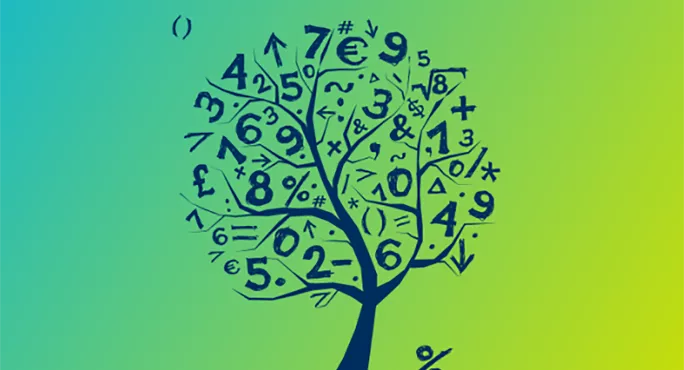I was at a cricket match last summer when I was introduced to a senior leader at a secondary school. He explained that he oversaw the introduction of numeracy form groups at his school and he went through some of the topics that they had been studying, such as circle theorems, solving simultaneous equations and vectors. He proudly explained the students had made progress.
I didn’t want to burst his bubble or put a dampener on his day out, but I couldn’t let it pass: I explained to him that all those things were maths.
Was using the word “numeracy” an Ofsted pleaser or a genuine misconception of what it is?
I would love to visit schools who use “numeracy” in this way with a big red pen. I would put a line through the word and write “maths” instead.
Or better still I would sit down with the member of staff who oversees these interventions and support them in rewriting their schemes of work to focus on actual numeracy.
While maths skills are important, the need for students to be numerate is vital for when they leave school. I’m sure if you asked students whether they needed to learn about managing budgets or solving inequalities they would opt for the former.
A numeracy GCSE
We are regularly being told that being numerate is a vital life skill and one that employers will be looking for. Former education secretary Nicky Morgan wrote in August 2017: “The increasingly good grades in maths and English didn’t ring true as numeracy and literacy skills were tested out in the real world”.
Well, of course: good grades in maths do not mean a student is good at numeracy. Does being good at chemistry mean you are good at biology? Of course not. Yes, they are linked, but numeracy and maths are not the same.
So why isn’t there a GCSE in numeracy for students in England?
As of September 2015, students in Wales have had the option to sit two different maths qualifications through the exam board WJEC, “mathematics” and “mathematics-numeracy”. So give English students the same option.
The numeracy GCSE would not be easy. There are plenty of challenging questions that are used in the Welsh exam and it would reduce the content being delivered and examined in GCSE maths. It would also enable more choice, because students could choose to sit both mathematics and mathematics-numeracy exams, as 72 per cent of students did in Wales during the January 2017 entry. Or they could sit only the one exam.
Place in the curriculum
So, a GCSE in numeracy. Another exam, another timetabled subject that needs to be slotted in somewhere. What would this replace?
Does it have to replace anything? Could GCSE maths become an optional subject, such as geography, history or art?
That seems almost unthinkable, but every student would study maths up until the end of year 9. Then they would sit the maths GCSE and-or the numeracy GCSE. Those who are capable and enjoy learning the harder maths content still can. For those who struggle with maths, they could then focus solely on the numeracy skills they need for the future.
We may even find a greater buy-in from those disaffected students who have always struggled with maths. This would only have a positive effect in post-16.
Where would GCSE numeracy fit into Progress 8? Well, English have two qualifications, literature and language, and schools were able to use students’ best grades from the two in their measures. Then there’s the added bonus of the best grade being used in the English section and doubled with the other grade also used to make up their Progress 8 score. Is there any reason why the same couldn’t be done for maths and numeracy?
So is this possible? These are questions that would need to be answered by people more influential than myself. But after writing this, I hope it sparks a thought for someone somewhere with that influence.
Adam Goodridge is Director of Numeracy and Stretch and Challenge at Park Hall Academy in Solihull. He tweets at @AdamGoodridge18 .
Want to keep up with the latest education news and opinion? Follow Tes on Twitter and Instagram, and like Tes on Facebook


